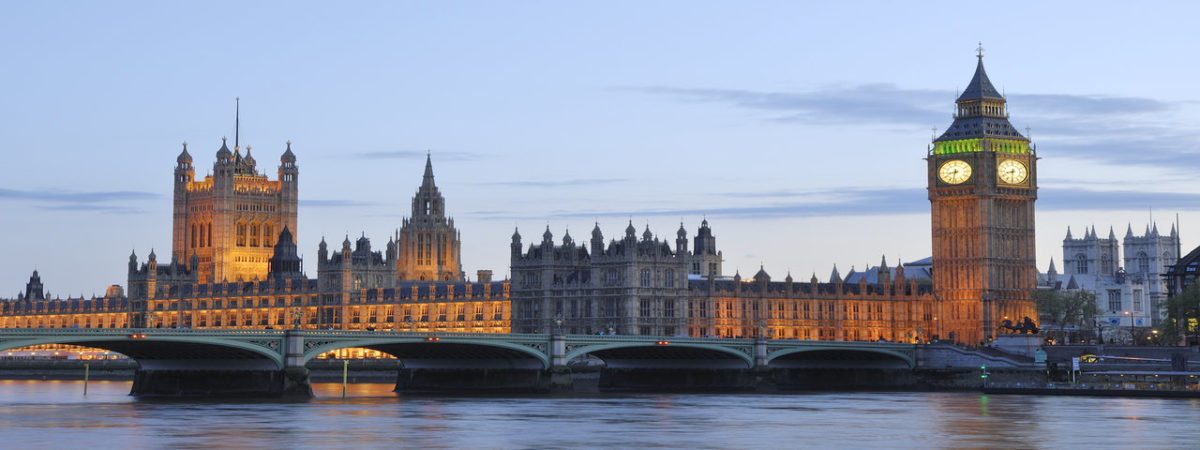Cameron’s monumental error – the pursuit of the mediocre as the enemy of the perfect
SUGGESTED



The economic justification for a union between two countries is that it allows for the provision of joint public goods more efficiently. This may include things such as border control (assuming that both Scots and English would like free migration between the two countries), foreign policy and defence, but probably very little else. It would also satisfy traditionalists who would like to see the two nations stay together: we may be ‘better together’ but we don’t have to have the same pensions systems.
Indeed, if we had a union with nearly all powers devolved, this would take us back to the situation that existed at the time of the Act of Union. At that time, the government did very little except manage debt and provide defence. Everything else was devolved – to the people.
So, what about everything else? Pensions, welfare to people of working age, education, health, policing, justice, and so on, make up the vast majority of public spending. The economic evidence suggests significant efficiency gains from fiscal decentralisation in these areas. However, these efficiency gains are only realised if the decentralised entity is also responsible for raising the taxes to finance the services.
As such, I would propose that, apart from a very small number of union-funded items financed by a single union-wide tax, Scotland should have complete tax raising powers and complete control of its own spending. There would be no direction from Westminster. Existing debt would be managed jointly but, in the future, the union as a whole would only incur debt in relation to the tiny number of things it financed on a union-wide basis. If Scotland could not raise the taxes to pay for spending on welfare it would have to raise debt on its own account with no possibility of any bailout. This debt would not be taken as collateral or bought in monetary policy operations by any union-wide central bank under any circumstances.
There would be other substantial benefits from this approach. The Rest of the UK and Scotland could decide on the policy mix that most closely matched the wishes of the electorate in each nation. Each nation could copy policies that worked from the other. And fiscal discipline arising from Scotland directly raising revenue to fund its welfare system would make it more likely that the system would be reformed. When it comes to issues such as regulation and monetary policy, the two nations – still in the United Kingdom – could either agree to go their separate ways or agree a common policy.
It might be argued that all this will all happen in any case now there has been a ‘no’ vote. However, if Cameron had presented devo super-max as a referendum option at the start, it could have been granted on his terms. There could have been a UK parliament to decide on a very small number of issues (such as defence) and Scottish MPs would have had no say on any other matters.
However, in the post-referendum chaos, it is likely that a scrap between the various interests will lead to a compromise position whereby Scottish MPs are allowed to vote on the additional devolved matters in the British parliament – especially if Labour wins the election in May. In other words, there will be a group of MPs who are voting on issues that have nothing to do with any of their constituents. This situation existed in the nineteenth century through the concept of ‘rotten boroughs’. They were mainly abolished in the 1832 Reform Act. The outcome of the negotiations following the result this morning risks taking us back in that direction. This is the fourth best outcome.
The best outcome would have been ‘devo super-max’, refused by Cameron. The second and third best outcomes (in no particular order) would have been independence and the status quo. The victory for the status quo is likely to lead to the worst of all possible outcomes – devo max with Scottish MPs still voting on issues that do not affect Scotland.
In many areas of government policy we at the IEA argue that the pursuit of the perfect is the enemy of the good. In this case, Cameron’s rejection of the perfect has been the friend of the worst possible outcome. Or, to put it another way, the pursuit of the mediocre has been the enemy of the perfect.
An earlier version of this article was published in City AM.
1 thought on “Cameron’s monumental error – the pursuit of the mediocre as the enemy of the perfect”
Comments are closed.





The best option by far, would be for each MP to become the prime mover in his county, establishing an administration locally with exclusive tax raising and borrowing powers etc and for Westminster to become an administrative entity receiving a budget from each of the counties in order to undertake centralised operations such as defence and infrastructure as required.
In other words a totally federalised country without a central parliament.
This would bring power back to the people and, real democracy back to the UK and give these wretched MP’s something to do other than chew the cud.